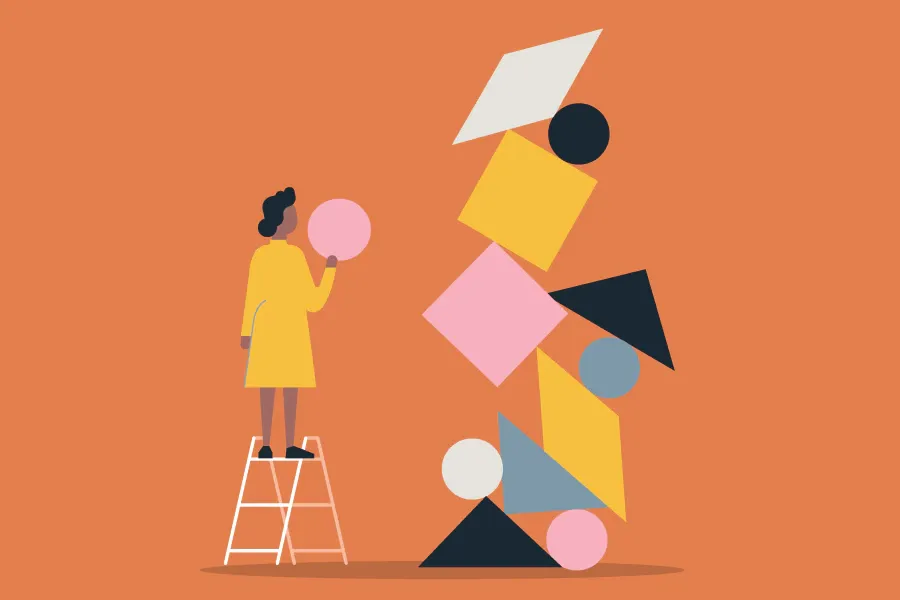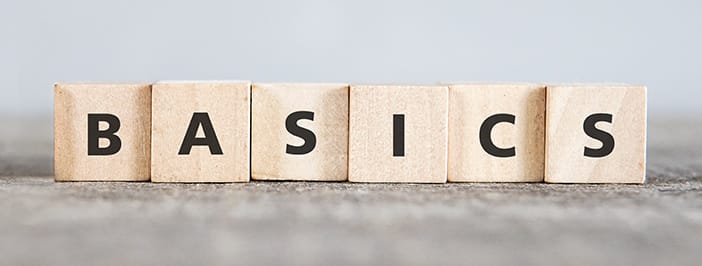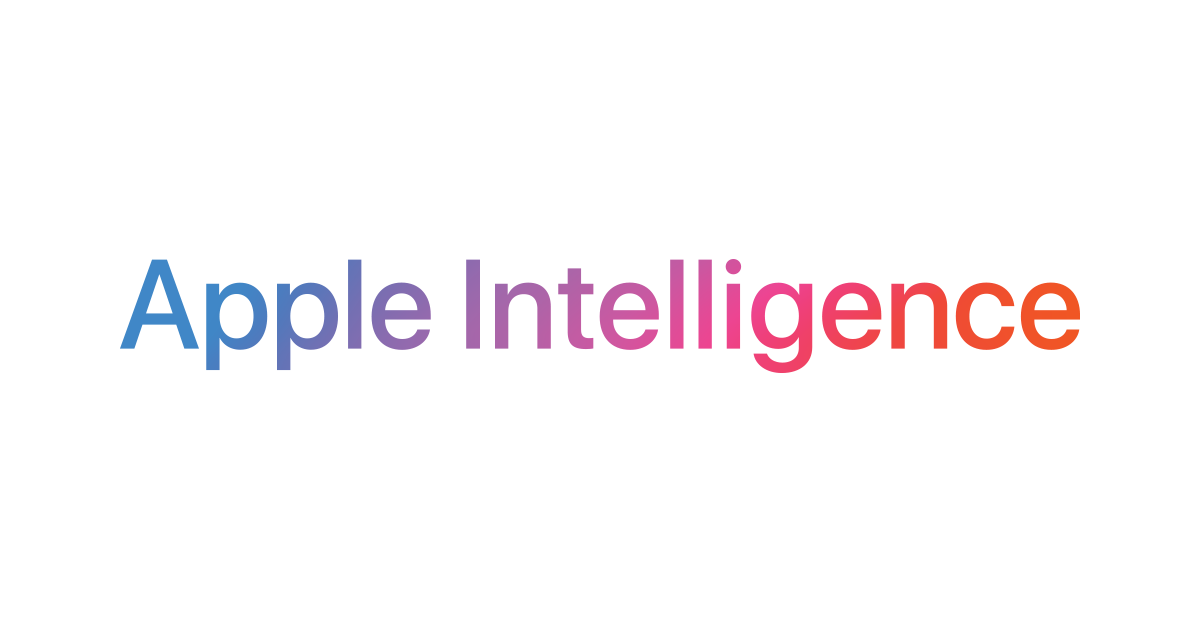In Pursuit of Perfection

Introduction:
Over the course of the last week, I’ve spent over a half a day correcting answer papers. The process, to say the least, has been tiring. When I started off correcting, I was hoping I’d complete correcting in about 6 hours and started off with much enthusiasm. Ten papers in, I was feeling a little disappointed. After twenty papers, I started feeling some anger. The emotions, much like the weather in Paonta, kept changing in the hours that followed. By the time I completed about 60 papers, I was tired. I was asking myself existential questions. Subsequently, I spent the next class discussing with the students what the correct answers were. The students were as attentive as ever. With heads shaking in affirmation or contradiction from time to time, and voices rising and falling with the state of confusion in their minds. Clearly, there was much work to be done. In the last one day several students had reached out to me and asked me for advice on how exactly they should go about studying. I have been regurgitating on the subject for some time now, and I thought I should make this week’s newsletter issue about some of the ideas that worked for me.
I want to make this a list of things that you can try out. Maybe you find utility in some of these things. Maybe they are not very useful. But then, what is the issue with looking at the world a little differently? So here goes.
Minimize distractions:
Ten years ago when I was pursuing my MBA, there were hardly this many distractions. Yes, Whatsapp was still a thing and people were constantly on their phone. I too am addicted to my phone, and I feel that I spend a lot of time on it. It was not until I reached parenthood and watched my son want the phone so badly, that I really decided to reduce my dependence on my phone. Maybe you do not have to wait until such a time to reduce your dependence on your phones. Here are some actionable ideas that you can try out. See if they work for you.
Un-sync your work emails from your phones.
Yes. That’s an option. Simply recognizing that you do not have to read your emails as soon as they are sent makes a whole lot of difference in your lives. Just find some time every once in 8 - 12 hours to check your email. Everyone who is writing to you knows that you have other things to do in life, and do not expect you to respond immediately after reading your messages.
Use the Whatsapp Archive feature
If you have lots of friends, and they keep texting you, your phone is likely to be ‘notifications galore’. But then, you can segment your audiences. There is a feature in whatsapp called Archive and it essentially removes the ability of unimportant contacts to send you notifications. It’s super helpful! In my case, I just have my family and very close friends in the main whatsapp window (that’s about 6 people). Everyone else is in my archive list. I take time once in a while to check on messages from them, but I do not allow them to distract me from what I am doing.
Get a good pair of headphones and use them
We are constantly in crowded places and headphones are excellent tools to give us some privacy. If you use a mac, there is an inbuilt white noise generation feature. If you are using just about anything else, you can just head to youtube and play white noise for free. Trust me, listening to white noise helps immensely, especially when you are in crowded/noisy environments.
Install ad blockers
If you use the internet frequently to get work done, you are probably going to be bombarded with ads all the time. Even if you’d like to watch youtube videos, you probably have to click on ‘skip ad’’ from time to time. One way to circumvent this is to install an ad blocker - they are free, they are useful, and they just work! Please install them and meet me on the brighter side of life!
Become more efficient - Embrace technology:
While I agree that technology has taken over our lives, it’s important to understand that it’s impossible to be competitive without learning how to use technology effectively. While most of technology is child’s play, let’s try and acknowledge that we do not use technology as efficiently as we could. Here are some tips that will help you become much more efficient when using your phones, computers and other pieces of technology.
Learn to type
There are hundreds of free applications on the internet that are able to help you learn to type. Many of us did not learn to type formally and therefore type inefficiently. Simply learning to type correctly can save tons of time over a long duration of time.
Develop an email/message philosophy
Whenever you receive an email or a text message, do one of four things.
- Reply to it (then archive it)
- Mark your calendar
- Create a to do item
- Note it down on a notebook for future reference
That’s it!!
If you ever receive any email, it’s only one of these four things that you have to do. Very soon, you’ll see that you have zero emails in your inbox and you’ll have the information that you need at the tip of your fingers (like literally). Essentially, you will no longer have to use your brains to remember things, and instead, you’d use it for more creative tasks. After you have this part sorted, you’d start noticing that you open your calendar every day in the morning and check what work is pending on your side and how your day is going to look like.
Learn constantly
I’m not saying this in a prescriptive way. Learning for you (budding managers) has to be a way of life. If you ever find yourself using a lot of time doing iterative tasks, it’s probably because you are not doing it right. There are possibly better ways to do the task and you just have to learn how to do it correctly. In some instances, this may be learning how to use a formula in excel. On other occasions, you may have to learn to program something. But whatever the case, there are always going to be better ways of doing something and you should try and figure out that way. Let me just take a second to illustrate. One year ago, I spent a lot of time adding individual classes to my google calendar. I then learnt that I could upload multiple entries into the calendar using a spreadsheet. Small thing, but massive benefits.
Time Management Techniques:
Pomodoro Technique
A good idea to focus on the task at hand is to use the Pomodoro technique. Work for 25 minutes straight and then take a 5-minute break. In theory, this helps maintain high levels of focus and gives regular breaks to rest. However, over the course of my practice of this technique, I’ve found that the timer often can be a disturbance at the end of 25 minutes. In spirit, the idea is to ensure that you can focus continually for ‘at least’ 25 minutes and not ‘just’ 25 minutes. Therefore, use a timer that is somewhat non intrusive. One way to do it is to align with the clock. Start working when the minute hand striked 12, and continue on for as long as you can. In case you overshoot, then you can continue to work, and whenever you finish, you take a break. Another solution is to use an hourglass. It’s unobtrusive and gets the job done.
Time Blocking
Designate specific blocks of time for specific activities and mark your calendar. The idea behind this is to prevent the over-extension of time on any one task. Ideally, if you are planning your day on the basis of an email philosophy (marking your calendar for key events), you’ll be able to do this easily in a matter of days. At the start of the day, you also decide on ‘that one thing’ that you want to get done today. If you decide to make it happen, make it happen. And this brings me to the title of the article today - In pursuit of Perfection
Conclusion
Perfection is elusive. The more we chase it, the more we realize its subjective nature, influenced by myriad factors. Consider any task you complete today; revisiting it a decade later might reveal countless areas for improvement. I recently discussed the concept of walking with a friend. Some studies suggest that maintaining a consistent pace provides greater health benefits than intermittent walking. The inference? Consistency can often outweigh perfection. Choosing a track and walking in uninterrupted circles might seem monotonous, but its benefits are undeniable. The takeaway isn’t to strive for 100% efficiency in everything. Achieving 75% efficiency in various tasks is commendable and practical. Rejecting an activity because it's not 'perfectly' efficient misses the point entirely. I’ve seen friends fixate on the 'perfect' time for sun exposure to generate Vitamin D based on a message they read on WhatsApp, avoiding sunlight at all other times. Let’s remember: perfection might be a worthy aim, but it should never deter us from doing our best in the present.



